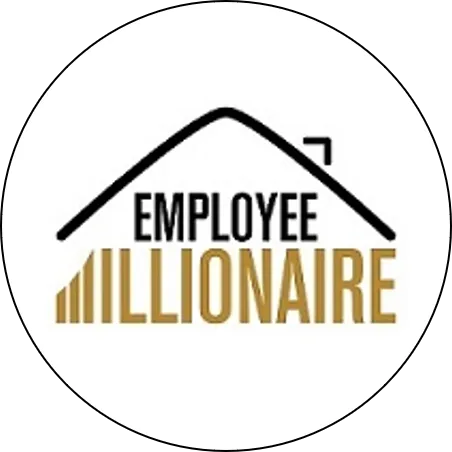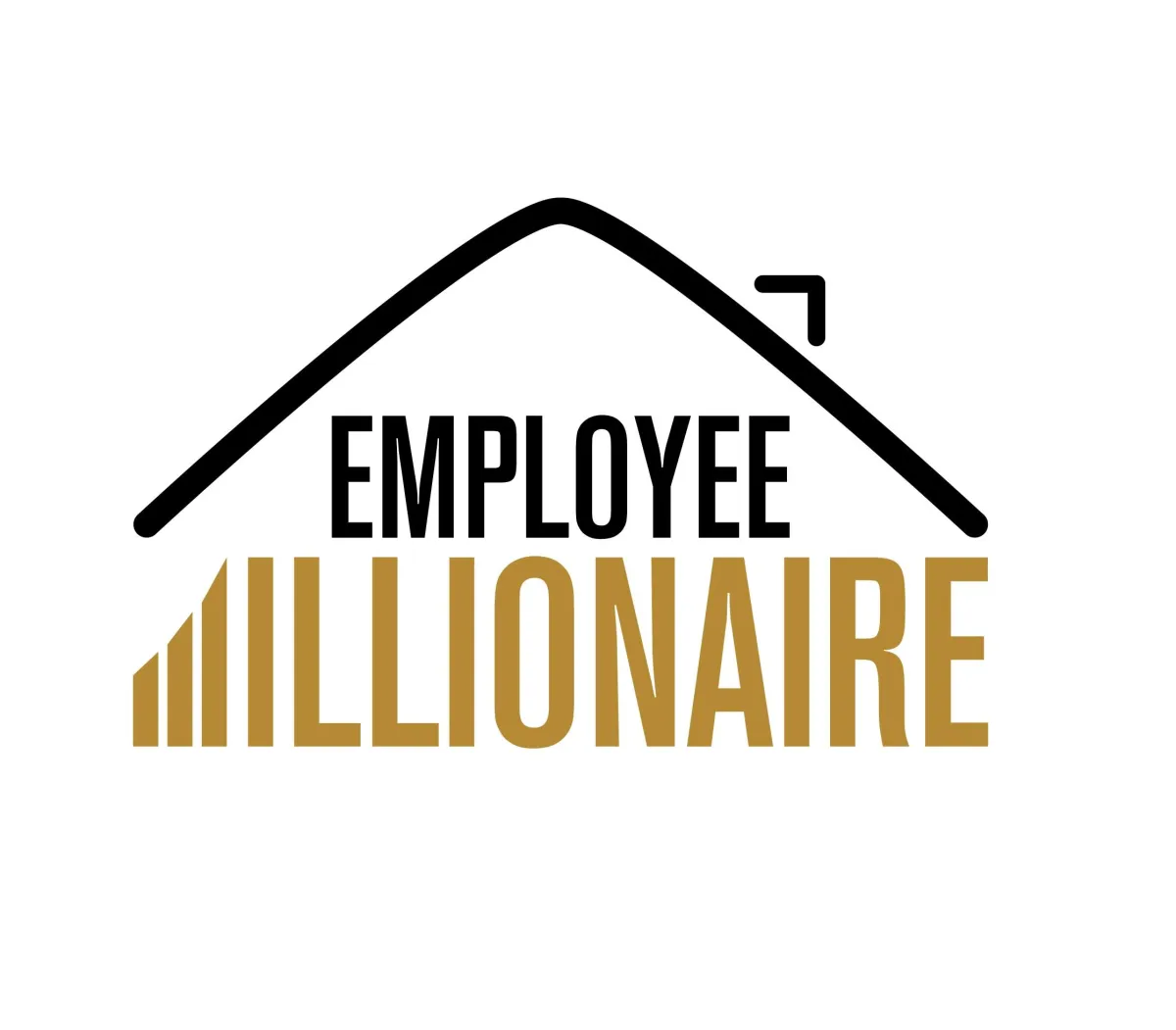

The Only Asset That Builds Wealth
In their quest to build wealth, any person must acquire assets that pay them unearned income (or passive income) as long as they hold or control those assets. The golden question is, which asset class will be the best income-producing asset?
Your mind might wonder whether paper assets (in stocks, bonds, or mutual funds), commodities, or cryptocurrency will outperform real estate. Let’s examine the different asset classes by comparing them from different angles, which are:
The use of leverage.
Capital gain or loss.
Cash Flow.
Control.
Liquidation of profits.
The Use of Leverage
Financial institutions make money by lending to borrowers and earning interest. They are quite eager to lend money on properties. They tend to lend anywhere from 80% to 100% of the property’s value. On the other hand, not all paper assets are eligible for margin borrowing, and the available leverage for those eligible varies by market from 30% to 60% of the value of the stock. With the evolution of online trading platforms, which are becoming more and more aggressive, the available margin on selected paper assets has reached above 90%, leading the novice to suffer catastrophic losses.
But when we consider the ease with which a loan can be obtained, real estate is a winner. Banks and financial institutions will constantly compete on interest rates and offer lower financing costs to make their loans more appealing to real estate investors. This makes us conclude that banks and financial institutions consider properties safe and secure investments.
For a like-for-like comparison, let’s compare a 90% leverage for $100,000 worth of rental property and $100,000 worth of paper assets. Starting with cost comparison, you will incur a 3% to 5% interest rate on borrowed money for the rental property. In contrast, you can expect a 10% interest on the borrowed money for the paper asset. But this is still a minor difference compared to our second comparison related to swings in the market.
Related: You Can Rarely Become Wealthy Without Incurring Good Debt!

Capital Gains and Losses
If the market goes up, both assets will be winners; however, the major difference is when the market drops. In the case of paper assets on margin, when they go down in value, the financial institution lending you the money will make a “margin call,” which forces you to top up your capital to pay a portion of the plummeted value in a way to go back to the agreed leverage. If the investor can’t top up the invested capital, all the investment will be lost. To manage such disastrous risks, the investor in paper assets puts almost the entire purchase price in cash.
Before opening a margin account to trade paper assets or securities, keep the following in mind:
You can lose all the money and even more money than you have invested.
You may have to deposit additional cash or securities on short notice to cover market losses and avoid margin calls.
You may be forced to sell some or all of your securities when falling prices reduce the value of your securities.
Your brokerage firm may sell some or all of your securities without notifying you to pay off the loan it made to you.
On the other hand, in the event the value of the rental property goes down, the bank will not make a “margin call,” you will not be obliged to add more funds to avoid losing it all, and you are not obliged to sell the property to satisfy the loan. Essentially, this is called “paper loss,” an unrealized capital loss in an investment. Losses become realized only when the asset is sold at a lower price.

Cash Flow
You will wonder why anyone would hold on to a rental property that has lost its price. The answer is cash flow. The primary reason why the rental property is bought is because of its cash flow. In other words, a real estate investor carefully selects rental properties to be bought on the premise of generating positive cash flow, which means the rental income shall outweigh the property expenses, including the mortgage payments.
Why would anyone sell a property producing unearned income to its owner? The prudent investor buys rental properties based on their cash flow, not the promise of a future capital gain. For the prudent investor, the capital gain is an added advantage that could be very rewarding; however, decisions are never made based on future capital gains. Markets can go up, down, or sideways. Those cycles in the market are always there. Suppose the rental property generates positive cash flow. In that case, the investor can weather any storm and survive any downside in the market until the cycle reverts and property prices rise again.
Control
This takes us to the topic of control. When you buy $100,000 worth of dividend-paying stocks, you do not have any control over the initial purchase price, dividend amount, whether dividends will be paid, when dividends will be paid, or the stock's future value. At best, you can count on luck with a little bit of praying combined with some anxiety. It doesn’t take much convincing here to agree that the investor will have no control over the current and future prices of stocks and other paper assets.
In contrast, when you buy $100,000 worth of rental property, you could have paid way more or less of its worth, depending on how well you negotiate with the seller and the seller's level of motivation. Most successful real estate investors whom I have studied manage to buy properties at a 20% discount versus their market value. They know how to negotiate, and they also know how to look for motivated sellers who want to get rid of a fine property for personal or family reasons.
Real estate investors will always buy properties with money borrowed from banks or financial institutions. Those lending institutions will always ask you for an appraisal of the property to be done by a certified appraiser. This acts as a protection for you not to overpay for a property
since the bank will not lend you money for something overpriced. The bank will happily lend you money for the appraised value of the property, which will act to your advantage when you buy a property at a 20% discount versus its appraised price.
This is quite an important point that I would like to make sure you grasp. Let’s look at a scenario where you found $100,000 worth of property that can easily be rented out. With good negotiations on your part and with good reasons that the seller is quite motivated to close the deal, you have both agreed to close the sale at $80,000. You go to the bank and ask for a mortgage loan. The bank will send an appraiser to evaluate the property, and the report shall reflect the market price or very close to it, which is $100,000. Responsible banks will land you not more than 80% of the property's value, so with 80% LTV (loan-to-value), the bank will happily lend you $80,000. In conclusion, you would have bought this property with zero or little money down. Your cost will be limited to the agent’s commissions and other closing costs. Isn’t that great? After paying all expenses, you will rent out the property and generate unearned income for yourself.
If you are a responsible investor who looks after your investments, you will ensure the property is always well maintained. A good location, well-maintained property, and positive cash flow will increase the property price. It will become easier for you to sell it with a proven track record of performance, which puts you in control of improving the property's future value. The message I was trying to share here is that you have control over the purchase price, the rent, the expenses, and the future selling price.

Liquidation of Profits
Suppose you bought $100,000 worth of dividend-paying stock and $100,000 worth of rental property, both with a 90% margin. For the sake of comparison, let’s assume that both investments have doubled in value after some time. This means the current value of both investments is currently at $200,000 each. With a 90% margin on your initial investment, you would have invested $10,000 from your cash to purchase each of the $100,000 stock and rental property. This means the $100,000 capital gain for each investment will result in a handsome 1000% return on your invested capital. Those profits are called “paper profits” if not realized with the sale of the assets. So, you will ask yourself which asset is faster to liquidate to enjoy the profits. It will be a no-brainer to say that selling stocks is way easier and faster. In fact, with a click of a button or a simple phone call asking your broker to sell, your stock will be sold instantaneously at market price. You will think that paper assets are a winner when it comes to the ease of liquidating profits, and I would agree with you.
In the case of paper assets, you can also choose to sell the entire portfolio or a portion of it. After paying the capital gain taxes, which depend on your country, you will still walk away with a handsome profit; however, you will lose any future dividends from this stock, which is counterproductive to achieving financial freedom. Remember that to be financially free; you must increase your unearned income to a level that exceeds your current expenses. By selling the appreciated stocks, you would have gained money now but lost all the future unearned income in dividends. You might be wondering right now how rental properties can differ. The short answer is, “you do not need to sell your rental property to enjoy tax-free profits and cash flow.” If you thought it was a mistake, I will repeat: “You do not need to sell your rental property to enjoy tax-free profits and cash flow.”
It is as simple as approaching the bank, asking for a new appraisal, and asking for a new mortgage on the new appraised value. The new mortgage will pay off the previous one, and the beauty of it all is that the investor will cash in the profit without any burden of capital gains tax. The profit will be liquidated as a mortgage and not a capital gain. To add more excitement, there is also a long-term benefit: the investor can still enjoy the rental income.
This goes against conventional wisdom: "you cannot have your cake and eat it, too.” Real estate, in the form of rental properties, has the magic that allows you to have your cake and eat it too … and keep eating from it for life. The wise investor, determined to achieve financial freedom, can use this $100,000 and purchase five or even ten properties (each worth $100,000) with leverage at 80% and even 90%. In that way, the wealth-building process will be accelerated at rates not imagined by the investor before embarking on the journey of building wealth and achieving financial freedom. This virtuous cycle can be carried on and on with each appreciation of the price of the properties.

Want to Talk to A Real Estate Coach
Let's set up a time to talk and discuss what your BEST PLAN would be to GET YOUR PERSONAL FINANCES IN ORDER and INVEST IN REAL ESTATE

